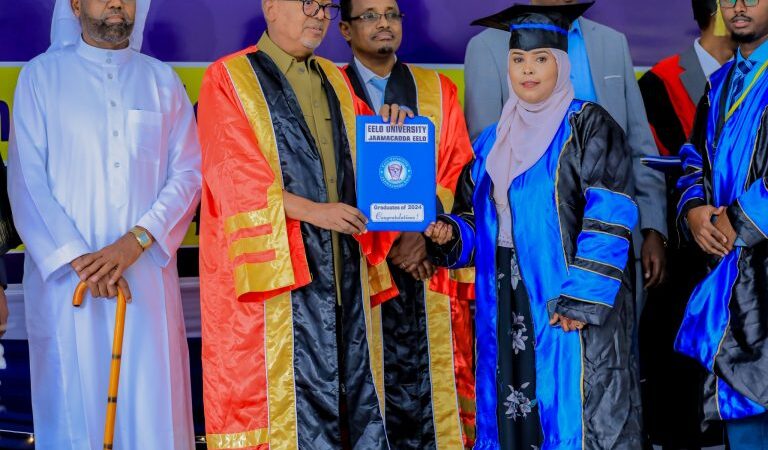Master of Software Engineering
Overview: The Master of Software Engineering program at Eelo University offers advanced training in software development methodologies, tools, and techniques to prepare students for leadership roles in the rapidly evolving field of technology. Through a combination of theoretical learning and practical application, students gain expertise in software design, development, testing, and project management, equipping them with the skills needed to address complex software challenges and drive innovation.
Vision: Our vision is to cultivate a community of software engineering professionals who are at the forefront of technological innovation, capable of developing cutting-edge solutions to address global challenges and improve the quality of life for individuals and communities worldwide. We envision our graduates as leaders in the field, driving advancements in software engineering practices and shaping the future of technology.
Mission: The mission of the Master of Software Engineering program is to provide students with a comprehensive understanding of software engineering principles, methodologies, and best practices, while fostering creativity, critical thinking, and problem-solving skills. Through a rigorous curriculum that emphasizes both theoretical knowledge and practical experience, we aim to prepare students to become effective software engineers, capable of designing, implementing, and managing software systems that meet the highest standards of quality, reliability, and efficiency.
Program Outcome: Upon completion of the Master of Software Engineering program, graduates will be able to:
- Apply advanced software engineering principles and methodologies to design, develop, and maintain complex software systems.
- Utilize industry-standard tools and technologies to analyze, test, and deploy software solutions that meet user requirements and organizational objectives.
- Demonstrate proficiency in software architecture, software design patterns, and software development lifecycle management.
- Collaborate effectively with multidisciplinary teams to solve real-world problems and deliver innovative software solutions.
- Employ agile and iterative development practices to adapt to changing requirements and deliver high-quality software products on time and within budget.
- Evaluate emerging trends and technologies in software engineering and incorporate them into software development processes to enhance efficiency and effectiveness.
- Communicate technical concepts and project requirements clearly and effectively to stakeholders at all levels of an organization.
- Demonstrate leadership skills, ethical conduct, and a commitment to continuous learning and professional development in the field of software engineering.
Eligibility and Admission:
- Educational Background: Applicants must hold a bachelor’s degree in computer science, software engineering, or a related field from an accredited institution.
- Academic Performance: Applicants must demonstrate strong academic performance, typically evidenced by a minimum undergraduate GPA requirement set by the university.
- Relevant Experience: While not mandatory, relevant work experience in software development or related fields may strengthen an applicant’s candidacy.
- English Language Proficiency: For applicants whose primary language is not English, proficiency must be demonstrated through standardized tests such as TOEFL or IELTS, unless the applicant has completed a degree program in an English-speaking institution.
Admission to the program is competitive and based on a holistic evaluation of the applicant’s academic background, professional experience, letters of recommendation, statement of purpose, and other relevant factors. Applicants are encouraged to consult the university’s admissions office for specific requirements and deadline

